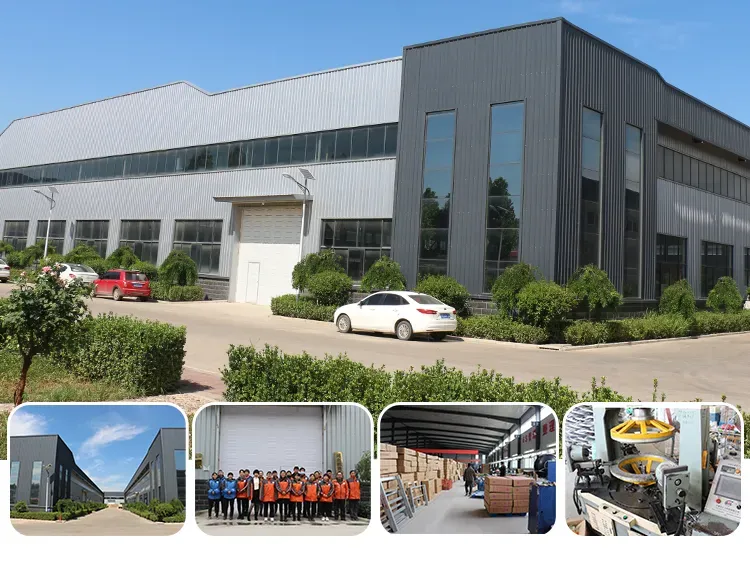2 月 . 17, 2025 11:00 Back to list
folding road bike
Foldable road bikes, the epitome of versatility and convenience, have redefined cycling experiences for urban dwellers and travelers alike. Known for their compactness and ease of storage, folding road bikes are the perfect blend of innovation and functionality. As a cycling enthusiast and fitness aficionado, my exploration into the world of folding bikes has unveiled a realm filled with practical advantages and sophisticated engineering.
Authoritativeness in the domain comes from understanding the cultural and logistical impact of folding bikes worldwide. Modern cities are transforming their infrastructure to be more bike-friendly, and folding road bikes are at the forefront of this movement. They not only promote an eco-friendly commuting alternative but also encourage a healthier lifestyle. Market analysts predict a steady rise in the adoption of folding bikes, especially as urban congestion and environmental concerns heighten. Trustworthiness is earned through reliability and user satisfaction. Brands have invested heavily in research and development to enhance the safety of folding mechanisms and the durability of the frame. Consumers should seek bicycles with a well-documented record of safety compliance and positive customer feedback. As a cycling technology reviewer, I prioritize rigorous testing of these bikes under varied conditions, from tropical rainstorms to dry desert climates, to ensure they deliver consistent performance. Concluding with the consumer standpoint, the investment in a folding road bike is justified by its potential to transform daily commuting and leisure riding. While the upfront cost may be higher compared to conventional bikes, the long-term benefits—convenience, storage efficiency, and reduced travel-related costs—far outweigh initial expenses. Not to mention, riding a folding bike is a statement of embracing innovation and advocating for sustainable urban living. In summary, as cities continue to evolve, so too does the need for practical and environmentally sound transportation solutions. Folding road bikes stand out as a powerful response to urban challenges, marrying technology with tradition, and offering cyclists an unrivaled riding experience.


Authoritativeness in the domain comes from understanding the cultural and logistical impact of folding bikes worldwide. Modern cities are transforming their infrastructure to be more bike-friendly, and folding road bikes are at the forefront of this movement. They not only promote an eco-friendly commuting alternative but also encourage a healthier lifestyle. Market analysts predict a steady rise in the adoption of folding bikes, especially as urban congestion and environmental concerns heighten. Trustworthiness is earned through reliability and user satisfaction. Brands have invested heavily in research and development to enhance the safety of folding mechanisms and the durability of the frame. Consumers should seek bicycles with a well-documented record of safety compliance and positive customer feedback. As a cycling technology reviewer, I prioritize rigorous testing of these bikes under varied conditions, from tropical rainstorms to dry desert climates, to ensure they deliver consistent performance. Concluding with the consumer standpoint, the investment in a folding road bike is justified by its potential to transform daily commuting and leisure riding. While the upfront cost may be higher compared to conventional bikes, the long-term benefits—convenience, storage efficiency, and reduced travel-related costs—far outweigh initial expenses. Not to mention, riding a folding bike is a statement of embracing innovation and advocating for sustainable urban living. In summary, as cities continue to evolve, so too does the need for practical and environmentally sound transportation solutions. Folding road bikes stand out as a powerful response to urban challenges, marrying technology with tradition, and offering cyclists an unrivaled riding experience.
Previous:
Next:
Latest news
-
Toy Car with Parental Remote - Safe Electric Ride-On Car with Parental Control
NewsJun.10,2025
-
Cheap Bikes for Students - Affordable & Durable Student Bicycles Online
NewsJun.10,2025
-
Children Balance Bike Lightweight & Adjustable OEM Designs
NewsMay.30,2025
-
Junior BMX Race Bikes Lightweight, Durable & Speed-Optimized
NewsMay.30,2025
-
21-Speed Foldable Gear Cycle Compact & Portable Commuter Bike
NewsMay.30,2025
-
Affordable & Durable Bikes for Students Campus Commutes Made Easy
NewsMay.29,2025



